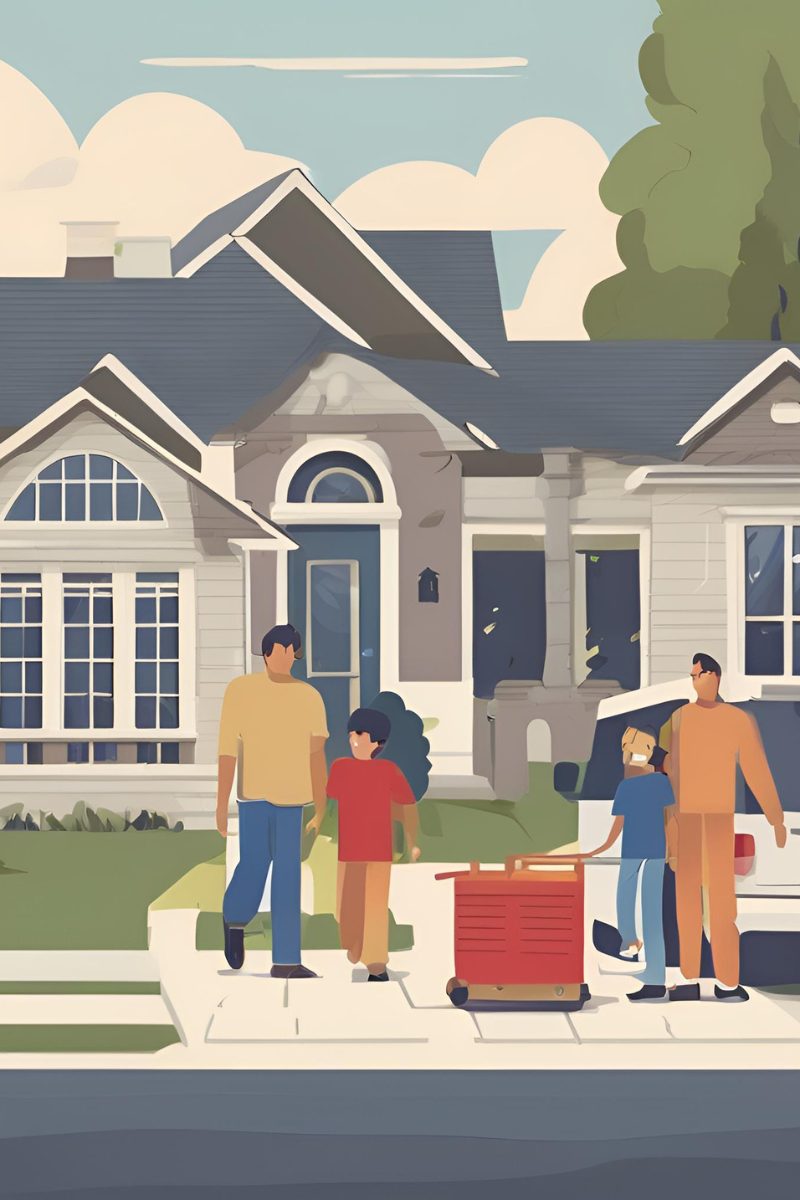Moving is a major life decision, often driven by personal, financial, and lifestyle factors. Whether upgrading to a larger home, downsizing for simplicity, or relocating for work, people pack up and start fresh somewhere new for countless reasons. Understanding these motivations can help both buyers and sellers navigate the real estate market effectively.
1. Upsizing for More Space
One of the most common reasons people move is the need for more space. Growing families often require additional bedrooms, larger yards, or more functional living areas. Similarly, those working remotely may seek a dedicated home office to improve work-life balance.
2. Downsizing for Simplicity
On the flip side, many homeowners choose to downsize. Empty nesters, retirees, or those looking to reduce maintenance costs often opt for smaller, more manageable properties, such as condos or townhouses, allowing them to focus on travel, hobbies, or a more stress-free lifestyle.
3. Job Relocation & Career Changes
Work remains a major factor in moving decisions. Whether due to a new job, corporate transfer, or career change, many individuals and families relocate to be closer to their workplace or areas with better job opportunities.
4. Seeking a Better Cost of Living
Housing affordability and overall cost of living play a huge role in where people choose to live. Many leave high-cost cities in favor of suburban or rural areas that offer lower taxes, more affordable homes, and a higher quality of life for the same budget.
5. Wanting a Change in Lifestyle
Some people move for lifestyle reasons—wanting to be closer to nature, live by the beach, or enjoy a vibrant city life. Climate preferences also influence relocation, with many opting for warmer states to escape harsh winters or seeking more temperate weather year-round.
6. Better Schools & Family-Friendly Communities
For parents, moving often revolves around school districts. Families prioritize neighborhoods with highly rated schools, safe streets, and family-friendly amenities. Even those without children consider school district rankings, as they can impact property values and resale potential.
7. Proximity to Family & Friends
Being closer to loved ones is a powerful motivator. Whether it’s young families wanting support from grandparents, or retirees choosing to live near their adult children, emotional connections often play a huge role in choosing where to live.
8. Health & Accessibility Needs
Health concerns can drive a move, especially for those needing specialized medical care, assisted living, or a home with better accessibility. Aging individuals may transition to one-level homes, communities with healthcare facilities, or closer proximity to doctors and hospitals.
9. Changing Relationship Status
Life changes, such as marriage, divorce, or starting a new chapter with a partner, often lead to moving. Newlyweds might purchase their first home, while others may need a fresh start in a new place after a major life event. Things like the death of a spouse, or the end of a relationship or marriage are some of the key reasons people tend to relocate.
10. Investment & Financial Opportunities
Some buyers move to take advantage of real estate investments, flipping properties, or renting out homes in high-demand areas. Others relocate to states with better tax benefits, lower property taxes, or no state income tax to maximize financial gains.
Final Thoughts
Whatever the reason, moving is a deeply personal decision influenced by a variety of factors. Understanding these motivations can help buyers find the right home for their needs and sellers target the right audience when listing their property. Whether upsizing, downsizing, or seeking new opportunities, real estate plays a crucial role in shaping people’s lives and futures.
Thinking about making a move? Let’s find the perfect home that suits your next chapter!



 Facebook
Facebook
 X
X
 Pinterest
Pinterest
 Copy Link
Copy Link

